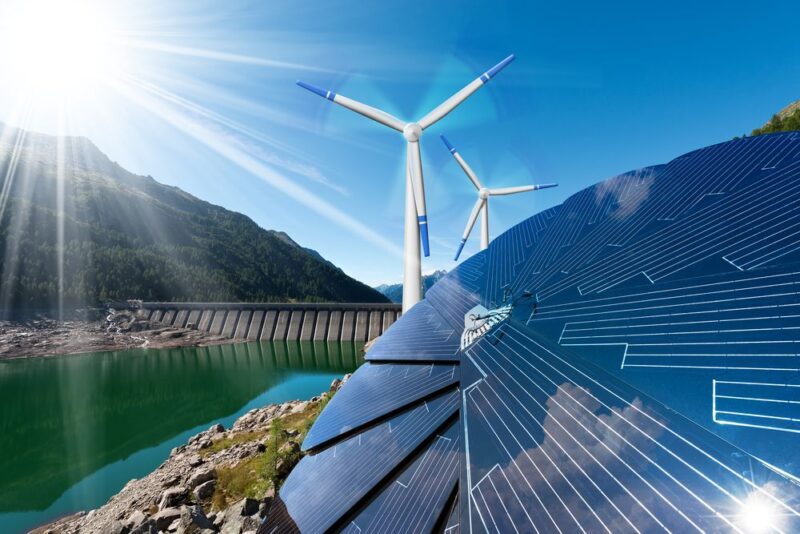After a week of tense debates, French lawmakers rejected the so-called “Gremillet” bill on Tuesday, June 24, which notably proposed a freeze on all new wind or photovoltaic installations. Championed by the National Rally (RN), this initiative marks a clear attempt to impose an anti-renewables orientation on the national energy debate.
A strongly contested moratorium
Introduced on June 19, the moratorium sparked a backlash from both agricultural unions and stakeholders in the energy transition. The FNSEA, as well as the Climate Action Network and representatives from the renewable energy sector, condemned it as a potential halt to industries that create thousands of direct and indirect jobs.
A mixed victory
While the rejection of the bill currently avoids a paralysis of the sector, it does not dispel concerns. The RN’s show of strength, which managed to impose its terms in the debate, reflects a growing hostility towards renewables within the assembly. This dynamic occurs in a context of governmental wait-and-see, illustrated by the delay in the publication of energy programming decrees, which have been awaited for months.
A sector losing its bearings
For renewable energy professionals, the signal sent remains worrying. The first quarter of 2025 was one of the weakest in terms of wind turbine installations in over a decade. The lack of a clear and stable strategy fuels uncertainties, hinders investments, and weakens the energy transition dynamic.
Between misinformation and technical realities
RN’s criticisms are based on a challenge to the intermittency of renewable energies, seen as a barrier to their deployment. This argument is deemed unfounded by experts, who remind that technical solutions exist to compensate for this variability: storage, demand modulation, or complementarity between solar and wind.
The far-right party also waved a fictitious bill of 300 billion euros to discredit renewables, by disputably adding costs not directly related to these sectors. Meanwhile, nuclear energy, revived by the state, will not produce new capacities before 2038.
A government with a vague line
Even more concerning is the government’s attitude, perceived as ambivalent. Little present in the debates, the “central bloc” did not clearly defend renewables, preferring to rely on the Senate to correct the texts. Recent decisions – a reduction in solar subsidies, a decrease in support for vehicle electrification – reinforce the feeling of a gradual disengagement.
A text not yet buried
Rejected in its first reading in the Assembly, the Gremillet bill will return to the Senate on July 8, and then to the Assembly in the fall. The RN, for its part, continues to threaten a motion of censure if the government bypasses parliamentary debate via decree.
This sequence, revealing an ideological shift, leaves the renewable sector in uncertainty. And it poses a threat to France’s ability to meet its climate commitments.


